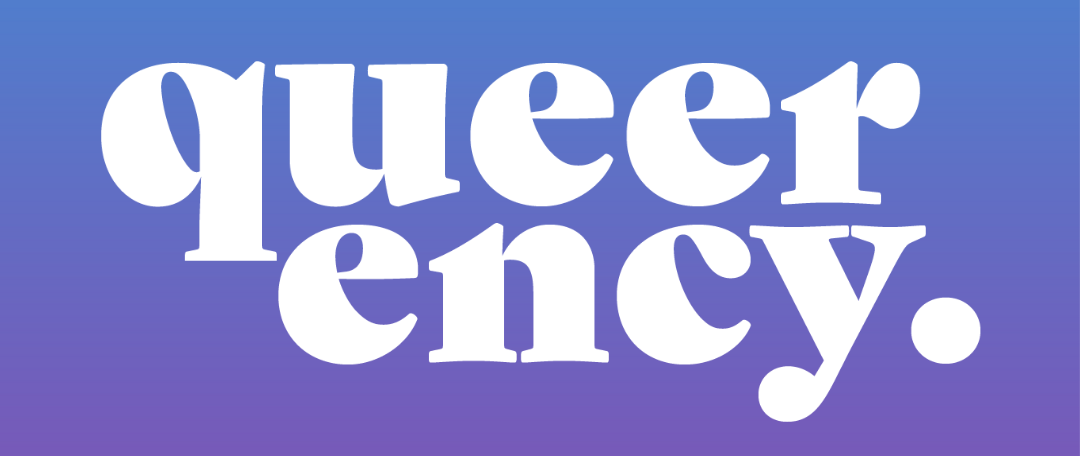Call me paranoid, but I think I have a frenemy. People like to say keep your friends close and your enemies closer. There was a time when I believed in that philosophy, but then I grew up. I grew up and realized that keeping enemies nearby would only cause harm. I dedicated nearly a decade to healing and releasing everyone who wasn’t for me. Clearing the snakes took quite some time, and I lost a lot along the way. What I have gained is invaluable.
One formative experience was when I accepted an executive-level management position at a company that was formerly my client.
This situation was unique, as I was saying yes to being the first person––period–– to have this role. Even though I had been consulting for nearly a year, I still wasn’t sure how I’d be received by the team. Consultants are generally outsiders, and there were a handful of employees in the space who could have easily been eligible for the role, which I so humbly and cautiously accepted. I braced myself for all the things that come with starting a new role, and I was generally pretty happy with how I was welcomed into the fold. Unfortunately, that was short-lived.
During a meeting, one of my peers, whom I had always had a sassy rapport with, was teasing and taunting me. My sharp tongue struck back, leaving everyone gooped and gagged. To which they replied, “Oh, so you a stank ass bitch. I’m gonna make that your nickname. Everybody, this is Stank Ass Bitch”. In that moment, everything changed. I’m all for keeping the library open but name-calling has generally been a nonstarter for me––especially in the workplace. That experience was my first taste of what it would be like to be actively and publicly disrespected in my new role.
The very interesting thing about this particular person is that they would gush about how much they love me before, during, and after insulting me or delivering backhanded comments. They were consistently comfortable commenting on my physical appearance. The comments progressed to me being a personality hire, to checking a diversity box, telling me I’m not a real Brown person because I’m light-skinned, questioning my decision-making, interrupting me while I’m speaking, talking over me, disregarding my contributions, and telling me my efforts won’t make a difference- all the while smiling in my face, giggling, and reminding me how much they love me.
As LGBTQ+ people, we are often subjected to rejection, cruelty, harm, discrimination and the list goes on. This universal lived experience, for too many of us, often results in allowing abuse and disrespect into our lives. For those of us who are survivors of neglect, the moment someone tells us they love us and that they are our friend, we are on board. Before we know it, our light is dimmed and we are lost in the darkness of someone else’s shadow.
I hate to admit it but this person was not my friend. I believe they believed we were friends. I believe they would have an explanation for every instance but the fact is that instead of empowering me as the first person in this role, they took every opportunity to cut me down and call it friendship. I’m ashamed to say I tolerated it for 11 months. I kept trying to convince myself that we were friends. I tried to come to them and let them know how I felt about the way I was being treated, and yet it continued. It was difficult to sever ties, especially because we continued to share space as colleagues.
As Queer people, we have to be careful about how we navigate interpersonal relationships in the workplace. Things can get complicated very quickly. My process was this: I reflected on my overall experience, allowed myself to feel all the feels, concluded that this person was not my friend, and then began leveling down our interactions. It started by taking on my work and having less time for water cooler convos, less time for coffee breaks, and less time for everything. I kept my interactions limited to moments when other colleagues were present, and in every instance that another rude comment was made I just walked away.
This wouldn’t be the first or last time I had to manage abusive work environments. I’ll share more tips on how to navigate toxic workplace experiences in future columns.
But in the meantime, I want to hear from you. Are you struggling with inter-office drama with your colleagues? Are you having a hard time speaking up for yourself? Email me at ricardo@queerency.com with your story and I may share some advice in an upcoming column!




